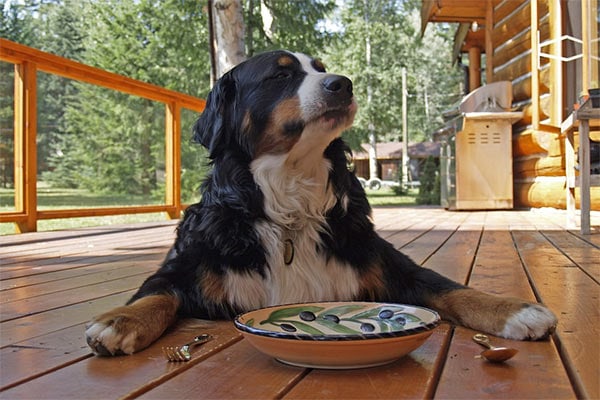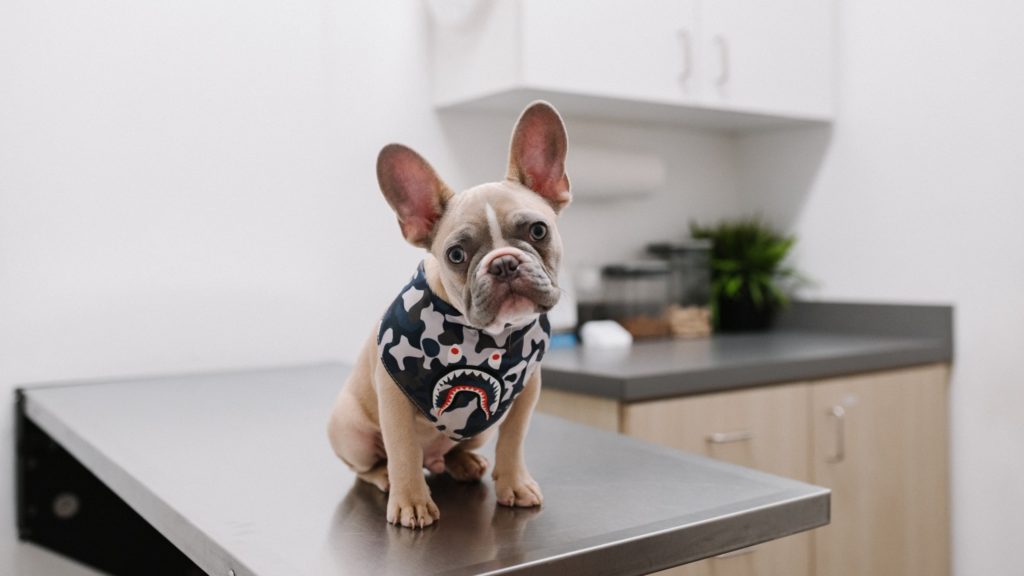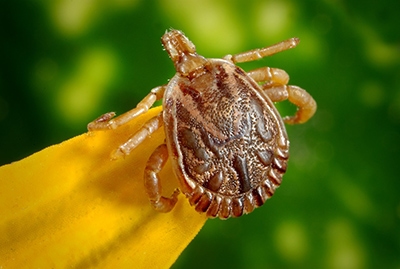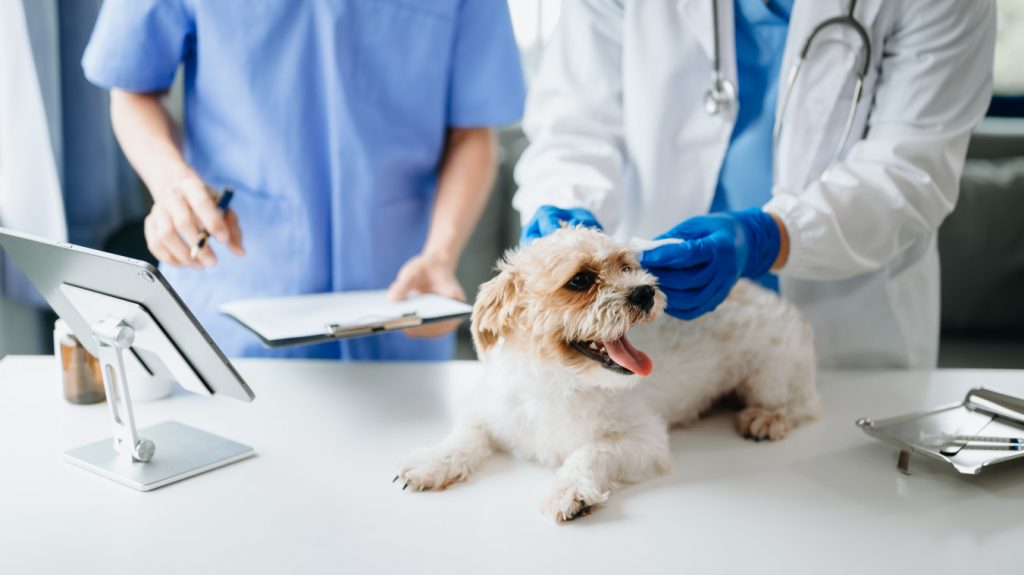By Dr. Shannon Leggieri, DVM, MS of Claremont Veterinary Hospital, Oakland.
To cook or not to cook? That is the age old question. The argument over the potential benefit and safety of raw diets has been heavily debated for decades. Proponents describe raw diets as natural and similar to what a dog might eat in the wilderness. There are a variety of raw diets and many differences in how they are prepared, processed and preserved.
On the manufactured market there are fresh, frozen and freeze dried raw food preparations in a variety of flavors and protein sources. Some owners even feed fresh protein sources such as whole chicken to their dogs. This is dangerous and heavily discouraged, as bone ingestion can lead to constipation, obstruction and even bowel rupture. If you are interested in feeding raw food to your dog, it is important to understand the potential health risks and nutritional facts.
Aside from issues with bone ingestion, another major concern with raw food is bacterial contamination. Foodborne illnesses are those bacteria that are “borne” in or on contaminated food and can affect both you and your dog. The two most common foodborne bacterial infections are Salmonella and Listeria. If contracted by you or your dog these bacterias can cause vomiting, diarrhea, dehydration, and, in severe cases, death.
Immunocompromised dogs and people (the young, old, and/or those affected by a serious pre-existing disease) are far more susceptible to bacterial infection. To prevent bacterial contamination it is essential to prepare raw food appropriately. For example, wash hands thoroughly with soapy hot water and disinfect all surfaces and objects that contact raw food. Store raw food separately and keep food frozen until use. Don’t allow your pet to kiss you around your mouth or lick your face.
It is also important to consider nutritional balance of any raw food diet. In past studies raw diets have been deficient in certain vital nutrients such as calcium and phosphorus. Nutrient deficiencies such as these can lead to bone deformities and other serious illnesses. Additionally, some raw diets have lead to constipation due to lack of fiber content. Others have increased fat content leading to gastrointestinal inflammation and/or pancreatitis. Given these historical findings it is important your dog’s diet has gone through the proper testing to ensure it’s nutritionally complete and consistent.
When choosing a diet for your dog one important organization which oversees nutritional consistency and safety in canine diets is AAFCO (The Association of American Feed Control Officials). AAFCO is a group of local, state and federal agencies regulating the sale and distribution of animal feeds and animal drug remedies. Diets which have gone through the proper testing and have received approval from AAFCO will have the AAFCO label on their product. You can learn more about AAFCO by visiting www.AAFCO.org.







